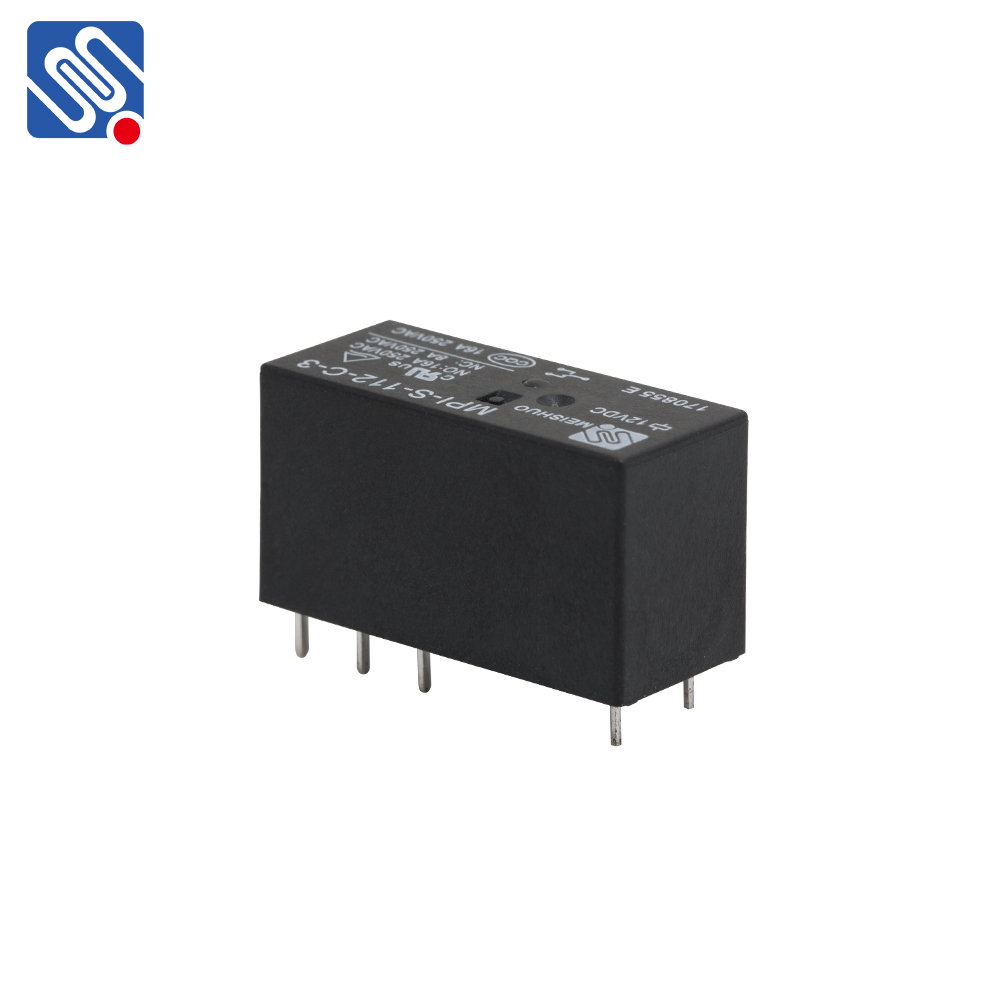understanding relay control systems: a focus on meishuo's innovative solutions
Release time:2025-06-29 07:08:33
A relay control system is a vital component in electrical and electronic circuits, used primarily for switching operations in automation and control systems. It serves as an essential interface between low-voltage control circuits and high-power electrical loads. A relay can open or close electrical contacts, enabling a wide variety of applications such as controlling motors, lights, alarms, or even large industrial machines. Among the many companies offering relay control systems, Meishuo stands out for its innovative and reliable solutions.

A relay works based on the principle of electromagnetism. When a current flows through the coil of the relay, it generates a magnetic field that attracts an armature, which in turn moves the contacts from an open to a closed position. This allows current to flow through the circuit or disconnects it. Relays are typically classified into mechanical and solid-state varieties. Mechanical relays feature physical moving parts, while solid-state relays operate without moving parts, using semiconductor components to control the switching.
The main advantage of relay control systems is their ability to isolate low-voltage control circuits from high-voltage loads, ensuring protection for sensitive components. They also allow multiple circuits to be controlled by a single control signal, which increases flexibility and efficiency in complex control systems.

